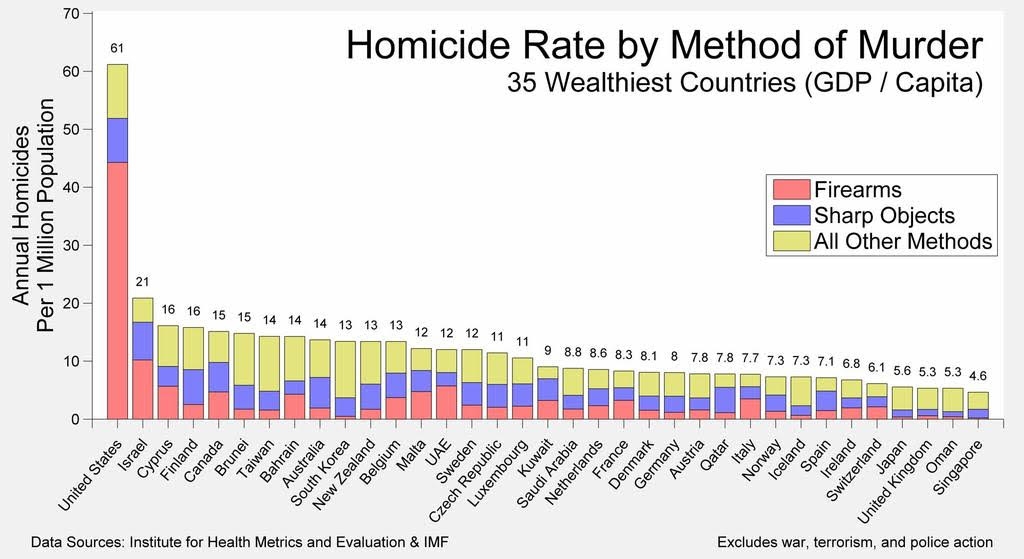My end of week morning train WFH reads:
• MIT Bitcoin Experiment Nets 13,000% Windfall for Students Who Held On. Those who cashed out are left with an expensive lesson in regret: One in ten cashed out in the first two weeks — one in four, by the time the experiment ended in mid-2017. Some of the luckiest MIT grads forgot about it, as if they had found a quarter on the sidewalk and threw it in a jar. They may now have enough for a car or a house down-payment. (Bloomberg)
• The Lure of H Mart, Where the Shelves Can Seem as Wide as Asia Asian-Americans are the nation’s fastest-growing racial or ethnic group, numbering more than 22 million, nearly 7 percent of the total population. And there are 102 H Marts across the land, with vast refrigerated cases devoted to kimchi and banchan, the side dishes essential to any Korean meal. In 2020, the company reported $1.5 billion in sales. The huge grocery chain and other megastores like it have revolutionized the way many Asian-Americans shop and eat. (New York Times)
• The Future of Power Is Transcontinental, Submarine Supergrids Coal, gas and even nuclear plants can be built close to the markets they serve, but the utility-scale solar and wind farms essential to meet climate targets often can’t. They need to be put wherever the wind and sun are strongest, which can be hundreds or thousands of miles from urban centers. Long cables can also connect peak afternoon solar power in one time zone to peak evening demand in another, reducing the price volatility caused by mismatches in supply and demand as well as the need for fossil-fueled back up capacity when the sun or wind fade. (Businessweek)
• John Rogers Is Winning: The Ariel Investments CEO has triumphed in the boardroom and on the basketball court. Now he says value investing’s comeback is just beginning. (Institutional Investor)
• America Is Driving the Global Economy. When Does That Become a Problem? New trade data suggests the outlook for the U.S. economy will depend in part on the rate of recovery of other nations. (New York Times)
• Why Interest Rates Have to Stay Low For a Very Long Time Now, you could make the case that higher inflation is a good thing because it actually reduces the debt load in real terms. And if the Fed keeps short-term rates on the floor it’s possible government spending could still be funded with low borrowing costs. But higher inflation and low interest rates can’t coexist forever. Eventually, something has to give. (A Wealth of Common Sense)
• How the Mormon church unlocked medical pot for deep red states Despite the national popularity of legalizing marijuana, 14 states — mostly in the Deep South and the Great Plains — have not embraced it for medical use. Triangulating around growing support and nudged along by the personal touch of its members, the Mormon church helped greenlight a medical marijuana program industry advocates may use to succeed in deeply conservatives places like Idaho or Kansas. (Politico)
• The Psychological Benefits of Commuting to Work Here’s the strange part: Many people liberated from the commute have experienced a void they can’t quite name. In it, all theaters of life collapse into one. There are no beginnings or endings. The hero’s journey never happens. The threshold goes uncrossed. And employers—even the ones that have provided the tools for remote work—see cause for alarm. (The Atlantic)
• Can Removing Highways Fix America’s Cities? Highways radically reshaped cities, destroying dense downtown neighborhoods, dividing many Black communities and increasing car dependence.Now, some cities are looking to take them out. But reconnecting neighborhoods is more complicated than breaking them apart. (New York Times)
• ‘This sounds like a human synthesiser’: the evolution of rap, one verse at a time A rap tutor and a language expert dissect the various eras of music’s ever-shifting genre, from Beastie Boys to Giggs and Nicki Minaj (The Guardian)
Be sure to check out our Masters in Business interview this weekend with Brad Stone, BusinessWeek Technology editor, and author of the new book, Amazon Unbound: Jeff Bezos and the Invention of a Global Empire.
Homicide rate by the method of murder for the world’s 35 wealthiest countries.

Source: @RARohde
Sign up for our reads-only mailing list here.

